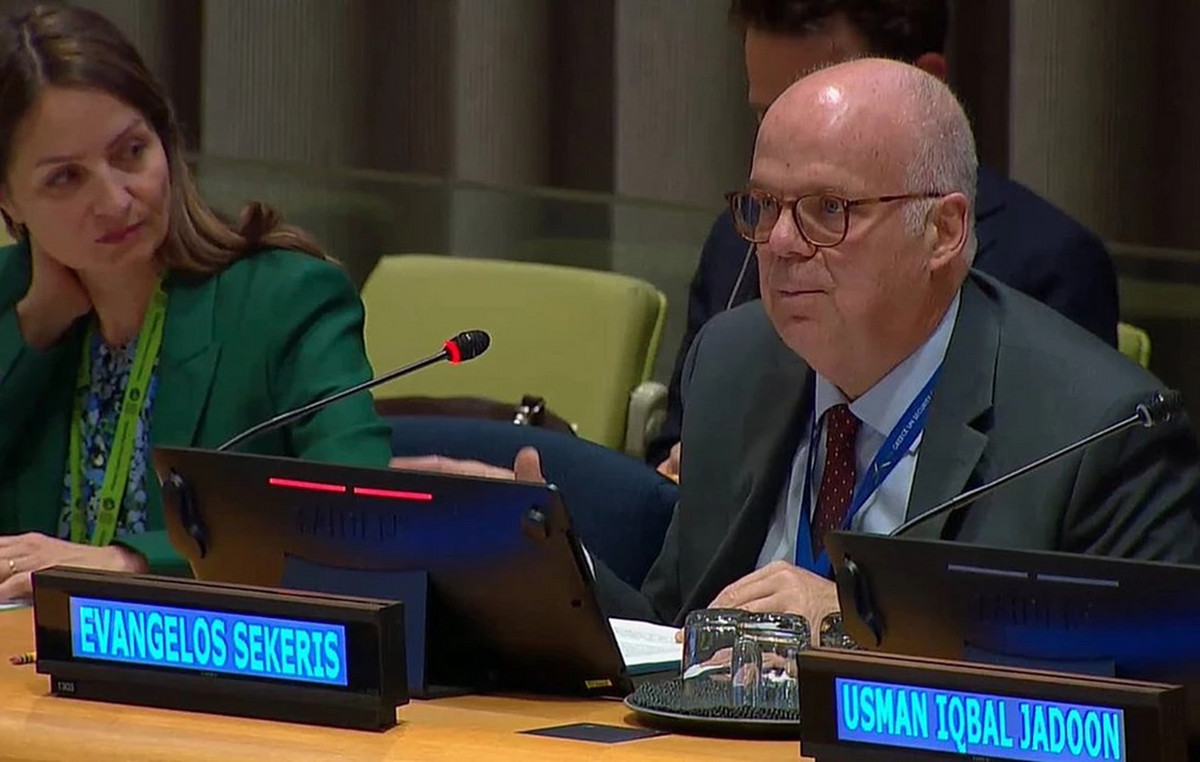Tooth loss in black women is 19% greater than in white men. If only the female segment is considered, black women present a loss 26% greater than white women. And, if only the black segment is considered, self-defined based on skin color, women have a 14% greater loss than men. By any criteria, black women are the most affected by tooth loss.
The data, obtained from a survey carried out in the city of Campinas, were published in the scientific journal Plos One🇧🇷 The findings are part of Lívia Helena Terra e Souza’s doctoral thesis.
“Trained interviewers, using a pre-coded questionnaire, applied through tablets, collected data from 3,021 people, aged at least 10 years. The questions were: ‘Have you ever lost a tooth [superior ou inferior]🇧🇷 If so, have you lost one, more than one or all of your teeth?’. Baby teeth, wisdom teeth and those extracted for braces were disregarded,” says Lívia.
The researcher says that 52% of the people interviewed had already lost at least one tooth. But that, as a whole, a strong disparity was detected in relation to losses, especially when the variables “race” and “sex” were crossed, making black women the most affected segment.
The article seeks to interpret this result, stating that “race can be considered as a concept socially constructed by historical dynamics and power relations”. And he highlights that “socioeconomic status is strongly impacted by racial inequalities” and that the black population has “lower income, lower educational level and tends to live in places of high social vulnerability”.
In addition to economic determinants, the text points out that other disadvantages must be taken into account, which tend to remain in various dimensions of life, even after the abolition of black slavery.
“Racial minorities, in this case blacks, can biologically incorporate the effects of racism, with everyday discriminatory exposures. Adversities throughout life, such as poverty, psychosocial stress, stereotypes and housing context, can affect physical and mental health, altering cardiocirculatory, metabolic and immunological functions. In oral health, it is possible that inequities are due to poverty, levels of education or discrimination in health care”, says the article.
As for the impact of gender inequalities on health, the article recalls “the historical aspects of the oppression of women, which persist until today, mainly in terms of income, work, double shifts and violence”. He says that “these issues seem to have effects on health, especially in the emotional aspect”. And he considers that, in the variables “risk behavior” and “early mortality”, the scenario is unfavorable for men. While women seem to be more vulnerable to limiting and chronic health conditions.
methodological care
A large portion of the article, which is freely accessible, is dedicated to the description of the methodological precautions adopted by the researchers to avoid or correct possible biases in the collection and selection of data and in the relationship of variables.
“Identifying the role of distal determinants, such as race and sex, with which a person is born, in the occurrence of a disease that will manifest itself decades later poses great methodological challenges. We made every effort to mitigate possible errors”, says physician Fredi Alexander Diaz-Quijano, professor at the School of Public Health at the University of São Paulo (USP) and co-author of the study.
Professor Margareth Guimarães Lima, coordinator of the Graduate Program in Collective Health at the Faculty of Medical Sciences at the State University of Campinas (Unicamp) and supervisor of the doctoral research, points out that the data were collected in the years 2014 and 2015 and could not be updated due to the limitations imposed by the pandemic.
“This type of survey is done every five years. It could not happen in 2020 and 2021. But we are already on the field again until mid-2023”, he says.
The advisor states that, despite the chronological lag of the data, the results of the study continue to mirror the real situation. And, here, it is necessary to add that the picture of inequalities may have even worsened, in the last four years, with the displacement of the economic pattern of millions of Brazilians below the poverty line and the resurgence of the phenomenon of hunger.
The study received funding from the State of São Paulo Research Foundation (FAPESP) and was awarded two awards: Honorable Mention in the Capes de Thesis Award (2022), conferred by the Coordination for the Improvement of Higher Education Personnel (Capes), and Human Rights Academic Recognition Award (2021), awarded by the State University of Campinas (Unicamp) and the Vladimir Herzog Institute (IVH).
Source: CNN Brasil
I am an experienced journalist and writer with a career in the news industry. My focus is on covering Top News stories for World Stock Market, where I provide comprehensive analysis and commentary on markets around the world. I have expertise in writing both long-form articles and shorter pieces that deliver timely, relevant updates to readers.







